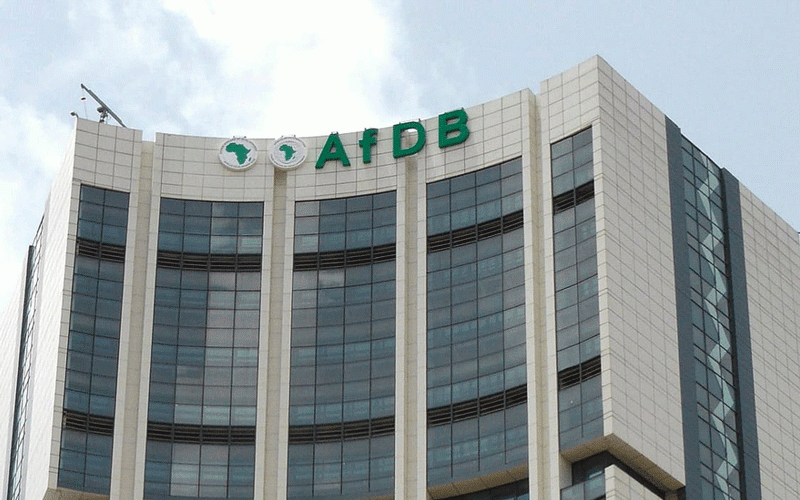
ZIMBABWE’s biggest beverages producer said on Thursday it was contesting a US$54,8 million tax charge, which it described as an ‘unjust enrichment to the Zimbabwe Revenue Authority (Zimra).
Disclosures by the blue chip Delta Corporation, which trades its stock on the Zimbabwe Stock Exchange, were the latest to expose ramifications of tax complications confronting companies, as authorities switch from one domestic unit to another, under pressure from a gruelling battering of the currency.
The ramifications of half-hearted efforts to confront currency hurly-burlies were also relayed by chief executive officers of several listed companies early this year. In a commentary to financial statements for the year ended March 31, 2024, Delta expressed concern over ‘currency and legislative changes since 2018’.
“The Zimbabwe Revenue Authority has made additional income tax and value added tax assessments, penalties and interest amounting to US$54,8 million, (for periods 2019 to 2021), against group entities for amounts that were settled in Zimbabwe dollars, but that Zimra deems should have been paid exclusively in foreign currency,” Delta chairperson Sternford Moyo said.
Delta presides over several high-end beverages production brands, including the Zimbabwe Stock Exchange listed African Distillers.
“No credit has been given by Zimra to the equivalent amounts already paid in legal tender of Zimbabwe. These assessments are being objected to and challenged through the courts and are at various stages of appeal,” Moyo said.
“The principal amount settled in Zimbabwe dollars, which excludes penalties and interest, is equivalent to US$9,8 million for income tax and US$25,2 million for value-added tax (total US$35 million) based on the exchange rates prevailing on the date of payment.
“Should the group’s appeal not be successful, it could be refunded the historical Zimbabwe dollars paid towards the settlement of these taxes.
- Inaugural Zim investor indaba highlights
- Stop clinging to decaying state firms
- ZB explores options to tackle inflation
- Zimra seizes CCC campaign vehicle
Keep Reading
“Due to the effects of inflation, these amounts would be equivalent to US$115 000 based on the exchange rate prevailing on the 31st of March 2024, a situation which may result in unjust enrichment to Zimra.
“The resultant value loss to the group if the full amount is determined to be payable would be US$54,6 million. These changes have created some uncertainties in the treatment of transactions for tax purposes due to the absence of clear guidelines and transitional measures,” he added.
Moyo stated that there were further complications arising from the wording of the legislation in relation to the currency of settlement of certain taxes, which give rise to interpretations that may differ with those of the tax authorities, thereby creating uncertainties in tax positions.
“The group continues to engage the relevant authorities, while these assessments are being objected to and challenged through the courts,” he added.
The most recent currency shift in April, when the free-falling Zimbabwe dollar was replaced with ZiG, could amplify policy-induced uncertainties.
Edwin Manikai, chairperson at the Victoria Falls Stock Exchange-listed National Foods Limited, said in January side-shoots of the currency crisis emerged through such factors as differences in how tax laws were being interpreted.
“As advised in previous periods, there have been substantial changes in the currency environment in Zimbabwe in recent years, including the reintroduction of the Zimbabwe dollar as the country’s functional currency in February 2019 … followed by the promulgation of SI 185 of 2020, which reintroduced the use of foreign currency for domestic transactions,” Manikai said at the time in a note to shareholders.
“These significant changes have created numerous uncertainties in the treatment of taxes due across the economy and have been compounded by a lack of clear statutory and administrative guidance or practical transitional measures from the tax authorities.
“The wording of existing tax legislation has given rise to varying interpretations of tax laws within the country.
“Over time, it has become apparent that the group’s interpretation of the law regarding the currency of settlement for taxes, as well as the methodology for tax computation, has differed from that of the authorities, and this has resulted in a number of uncertainties in the group’s tax position,” he stated.
It is a vexing scenario for business, which was also shared with the Zimbabwe Independent by the Employers Confederation of Zimbabwe (Emcoz) in January.
Emcoz said in a shock move, Zimra wanted to collect a sugar levy announced in December at US$0,002 per gramme of sugar contained in beverages, even after being revised to US$0,001 per gramme.
Companies say they did not collect the levy when it came into force at US$0,002 in January because consultations over its implications were ongoing.










